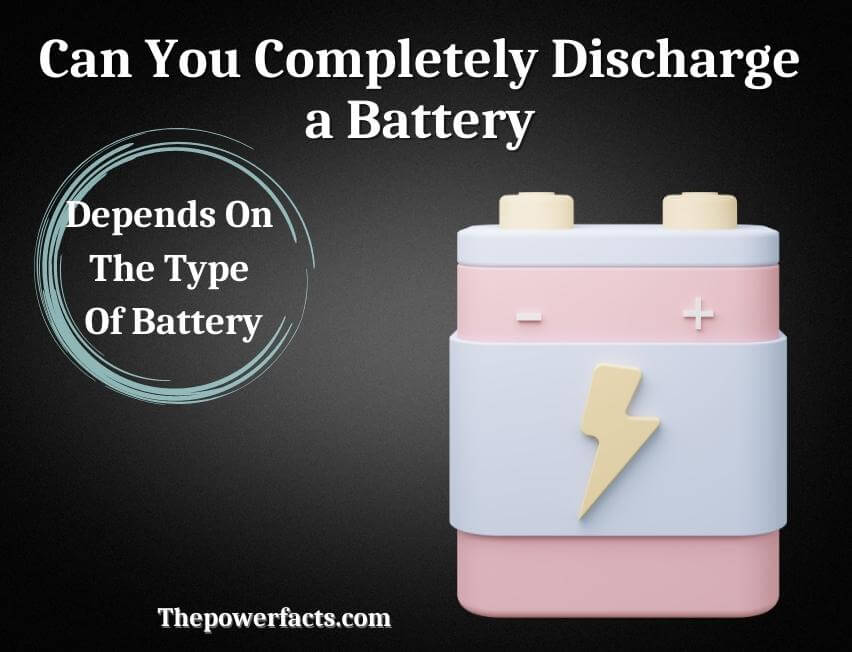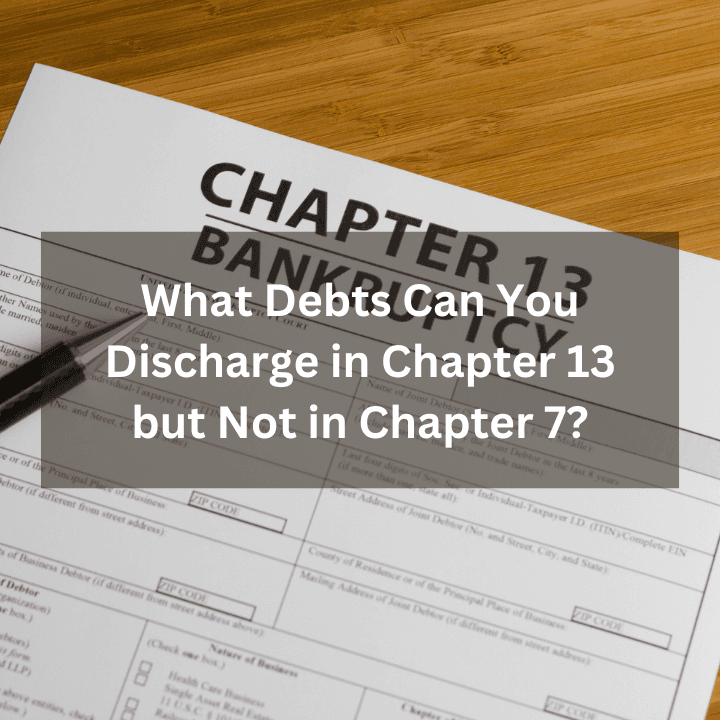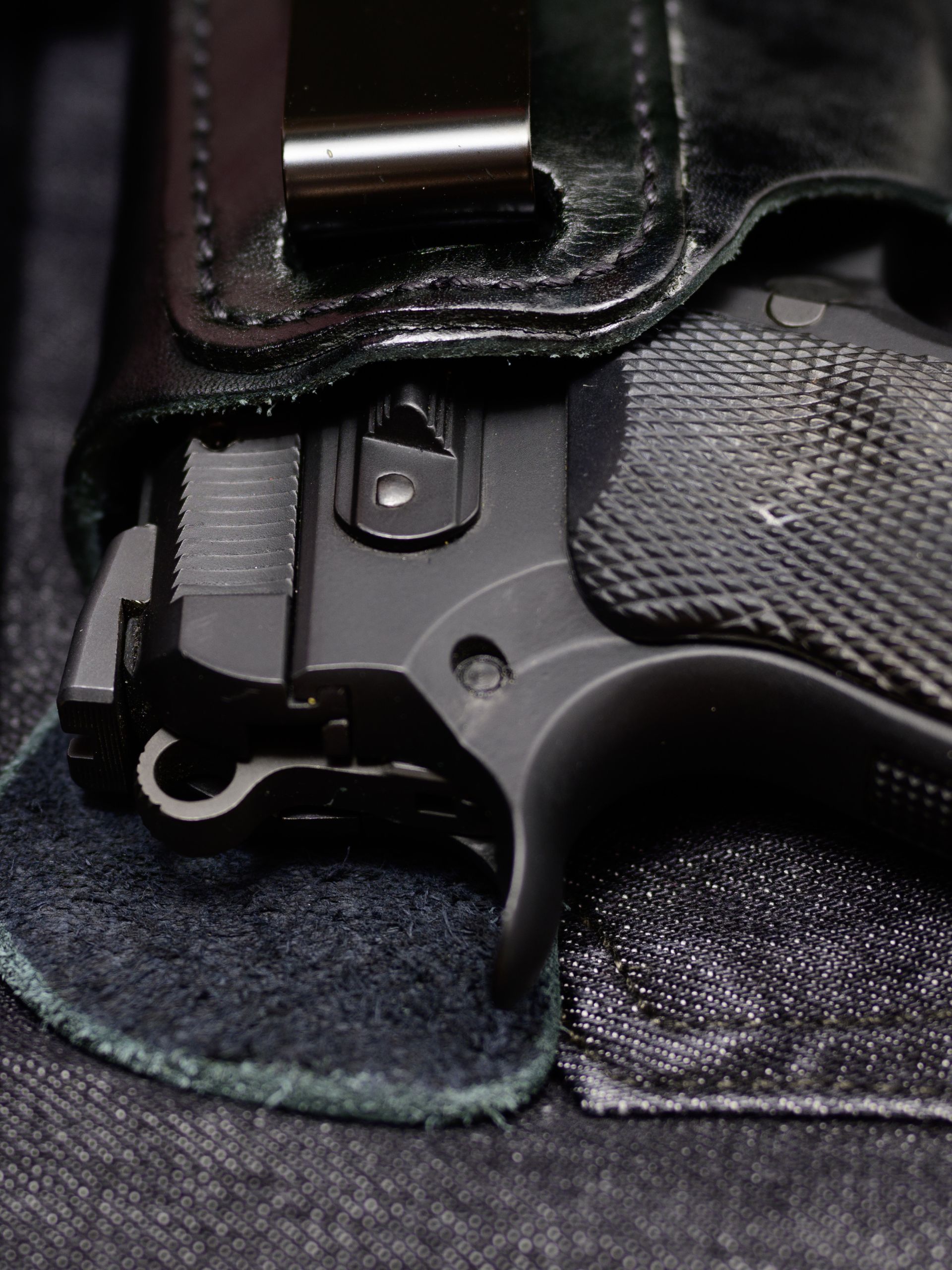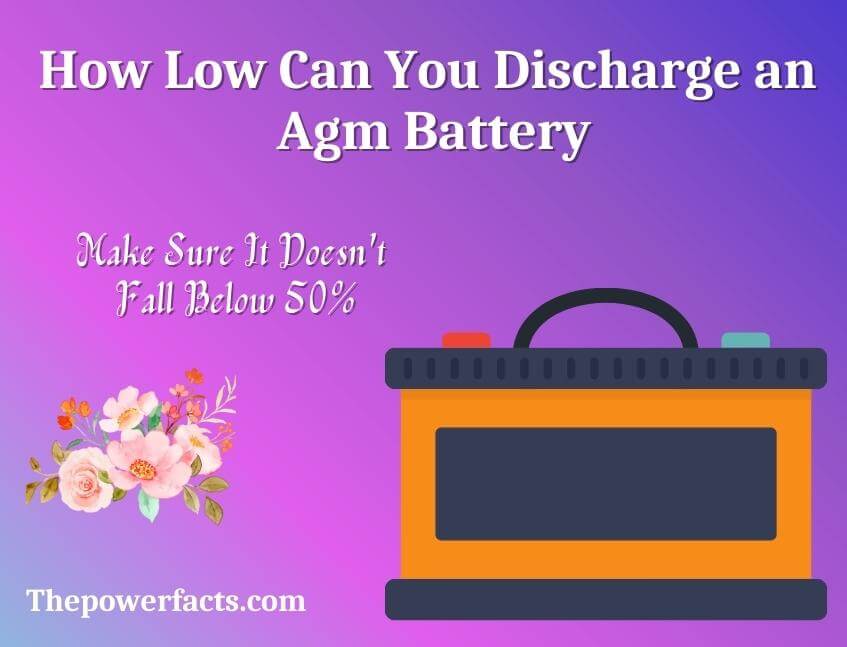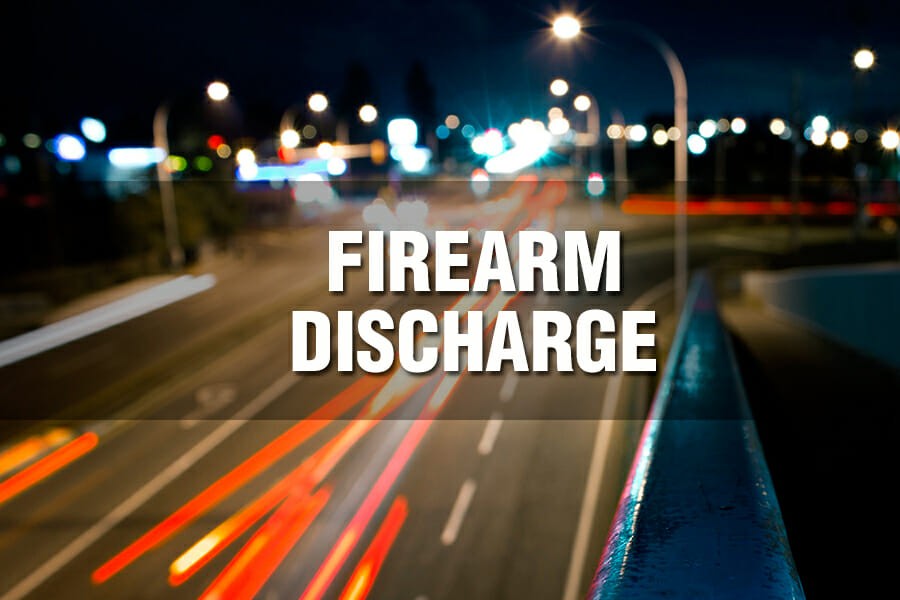Can You Discharge A Firearm On Your Property - This includes injuries to yourself,. You cannot commit an unlawful discharge of a weapon if you fire it accidentally. In some areas, it is legal to discharge a firearm on your property as long as it is done safely and in compliance with local. Restrictions might exist on the type of firearm you can discharge (e.g., restrictions on fully automatic weapons). Regardless of legality, you are responsible for any harm or damage caused by your actions. It is legal to discharge a firearm on your property in. This could result in financial. Prosecutors must show you intentionally fired. If you discharge a gun on your property and someone is injured or killed, you could be held legally liable. There is no state law that specifically prohibits a homeowner from discharging firearms on his or her own property, but other state laws still apply.
This could result in financial. You cannot commit an unlawful discharge of a weapon if you fire it accidentally. It is legal to discharge a firearm on your property in. This includes injuries to yourself,. In some areas, it is legal to discharge a firearm on your property as long as it is done safely and in compliance with local. If you discharge a gun on your property and someone is injured or killed, you could be held legally liable. Can i discharge a firearm on my property in a residential area in virginia? Restrictions might exist on the type of firearm you can discharge (e.g., restrictions on fully automatic weapons). Regardless of legality, you are responsible for any harm or damage caused by your actions. There is no state law that specifically prohibits a homeowner from discharging firearms on his or her own property, but other state laws still apply.
If you discharge a gun on your property and someone is injured or killed, you could be held legally liable. Regardless of legality, you are responsible for any harm or damage caused by your actions. This could result in financial. Can i discharge a firearm on my property in a residential area in virginia? You cannot commit an unlawful discharge of a weapon if you fire it accidentally. There is no state law that specifically prohibits a homeowner from discharging firearms on his or her own property, but other state laws still apply. This includes injuries to yourself,. In some areas, it is legal to discharge a firearm on your property as long as it is done safely and in compliance with local. Prosecutors must show you intentionally fired. It is legal to discharge a firearm on your property in.
Can You Completely Discharge a Battery? (Battery Discharge Formula
This includes injuries to yourself,. There is no state law that specifically prohibits a homeowner from discharging firearms on his or her own property, but other state laws still apply. Can i discharge a firearm on my property in a residential area in virginia? Prosecutors must show you intentionally fired. Regardless of legality, you are responsible for any harm or.
Scottdale Law Firm, Jeff Field & Associates What Debts Can You
This could result in financial. You cannot commit an unlawful discharge of a weapon if you fire it accidentally. It is legal to discharge a firearm on your property in. There is no state law that specifically prohibits a homeowner from discharging firearms on his or her own property, but other state laws still apply. Can i discharge a firearm.
Tips for Avoiding Negligent Discharge of Your Firearm
Restrictions might exist on the type of firearm you can discharge (e.g., restrictions on fully automatic weapons). This could result in financial. It is legal to discharge a firearm on your property in. There is no state law that specifically prohibits a homeowner from discharging firearms on his or her own property, but other state laws still apply. Prosecutors must.
How Low Can You Discharge a Lifepo4
Can i discharge a firearm on my property in a residential area in virginia? This could result in financial. In some areas, it is legal to discharge a firearm on your property as long as it is done safely and in compliance with local. This includes injuries to yourself,. Regardless of legality, you are responsible for any harm or damage.
Can You Discharge an Employee on FMLA Leave When He Intends Not to
There is no state law that specifically prohibits a homeowner from discharging firearms on his or her own property, but other state laws still apply. This includes injuries to yourself,. In some areas, it is legal to discharge a firearm on your property as long as it is done safely and in compliance with local. Prosecutors must show you intentionally.
What Does Dark Brown Discharge Look Like at Eddie Pickett blog
It is legal to discharge a firearm on your property in. This includes injuries to yourself,. Can i discharge a firearm on my property in a residential area in virginia? Restrictions might exist on the type of firearm you can discharge (e.g., restrictions on fully automatic weapons). You cannot commit an unlawful discharge of a weapon if you fire it.
How Low Can You Discharge an AGM Battery? The Power Facts
This could result in financial. In some areas, it is legal to discharge a firearm on your property as long as it is done safely and in compliance with local. Can i discharge a firearm on my property in a residential area in virginia? You cannot commit an unlawful discharge of a weapon if you fire it accidentally. Regardless of.
Can You Discharge Tax Debts in a Personal Bankruptcy Filing? Bailey
This could result in financial. This includes injuries to yourself,. It is legal to discharge a firearm on your property in. Restrictions might exist on the type of firearm you can discharge (e.g., restrictions on fully automatic weapons). There is no state law that specifically prohibits a homeowner from discharging firearms on his or her own property, but other state.
Why Do I Wet Myself When I'm On My Period at Katie Chavez blog
Prosecutors must show you intentionally fired. In some areas, it is legal to discharge a firearm on your property as long as it is done safely and in compliance with local. This could result in financial. This includes injuries to yourself,. Restrictions might exist on the type of firearm you can discharge (e.g., restrictions on fully automatic weapons).
Man Accidentally Shoots Himself in Mall Parking Lot Fisher & Talwar
Can i discharge a firearm on my property in a residential area in virginia? You cannot commit an unlawful discharge of a weapon if you fire it accidentally. Prosecutors must show you intentionally fired. There is no state law that specifically prohibits a homeowner from discharging firearms on his or her own property, but other state laws still apply. It.
It Is Legal To Discharge A Firearm On Your Property In.
Prosecutors must show you intentionally fired. You cannot commit an unlawful discharge of a weapon if you fire it accidentally. Can i discharge a firearm on my property in a residential area in virginia? If you discharge a gun on your property and someone is injured or killed, you could be held legally liable.
This Includes Injuries To Yourself,.
This could result in financial. In some areas, it is legal to discharge a firearm on your property as long as it is done safely and in compliance with local. Regardless of legality, you are responsible for any harm or damage caused by your actions. Restrictions might exist on the type of firearm you can discharge (e.g., restrictions on fully automatic weapons).
